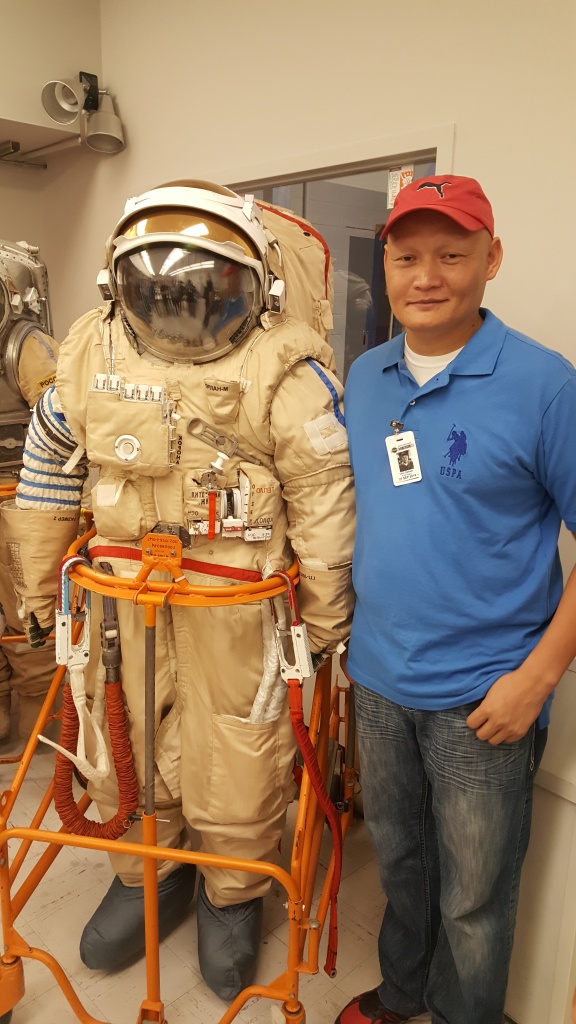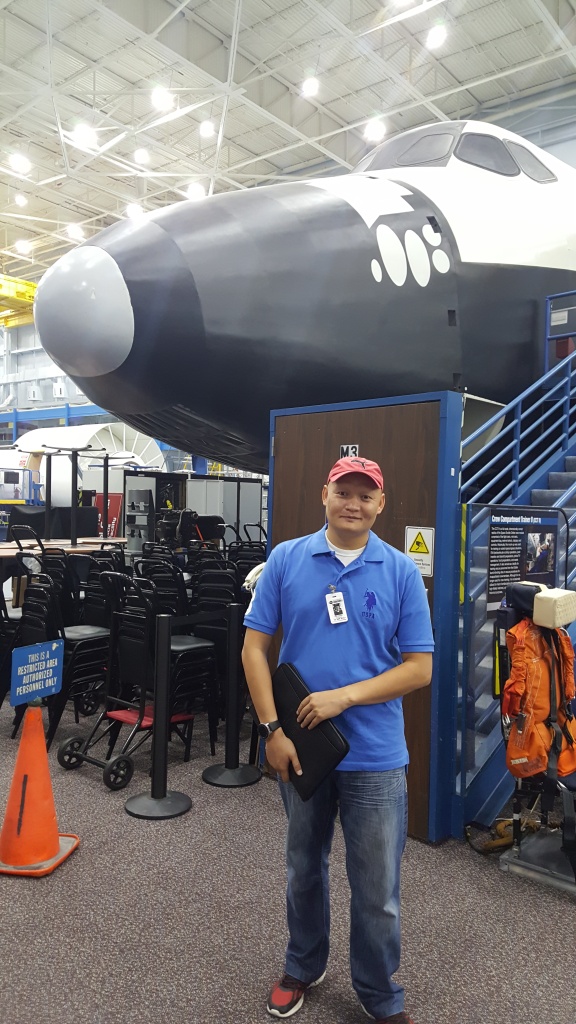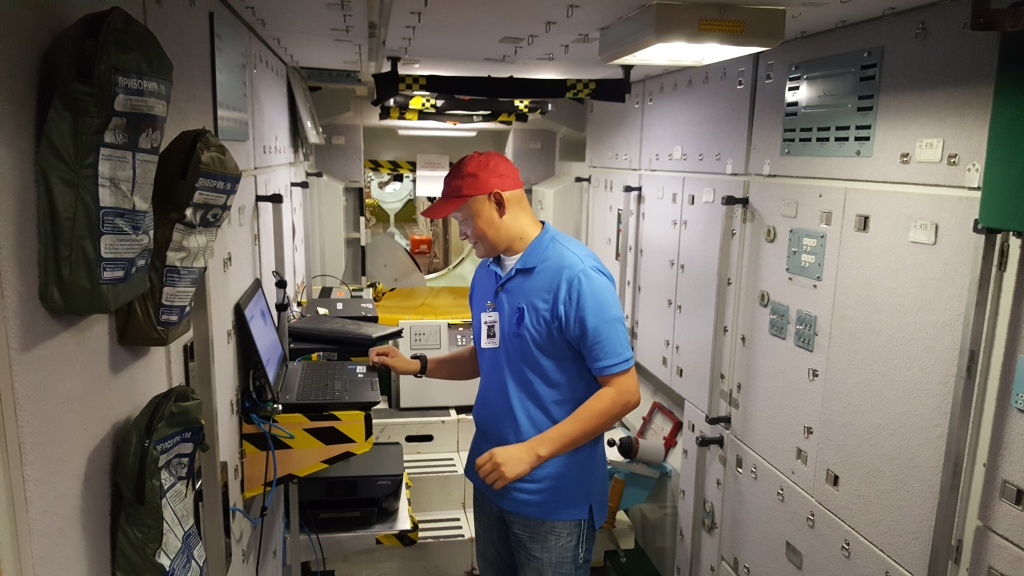We met with Ulan Dakeyev from Kyrgyzstan, an associate professor at Sam Houston State University, TED speaker and researcher. We talked more about his activities and asked him to share his advice for young scientists.
Ulan Dakeyev, City of Conroe, Professor at Sam Houston State University, linkedin

About me
I was interested in subjects such as math, physics and computer science in school. I felt drawn to these fields and was looking for a career that would combine them.
Given the shortage of engineering professionals in my country, I decided to pursue a degree in this field. Despite the difficulties, I received a scholarship to study Computer Engineering in Kyrgyzstan. This laid the foundation of my path.
Later, I had the opportunity to enroll in International Black Sea University in Tbilisi. Here I studied how to make security protocols better and more efficient so that they meet public needs.
About activities
I am a faculty member in the Engineering Technology department at Sam Houston State University. I specialize in engineering systems design.
My role is to teach students how to turn their concepts into concrete and useful products for society through prototyping.
In addition to teaching, I am deeply immersed in virtual and augmented reality research. The best way to learn is through active interaction, and VR and AR technologies are precisely the way to develop muscle memory. I often say, “Teach me and I'll learn. Show me, and I'll remember. Engage me and I will understand.” Creating a virtual learning environment is a must for training that allows everyone to safely access expensive equipment.
About research
My primary research endeavor involves active student engagement. To achieve this goal, I have conducted more than 1500 surveys on learning motivation strategies in different countries: Kyrgyzstan, Russia, Ukraine, Nigeria, India, Mexico, Turkey, Vietnam and the USA.
While collecting data on students' motivation, I took into account such factors as gender, age, level of education, type of institution — private or public, demographics and cultural background. Based on the information provided, I developed virtual and augmented reality tools tailored to individual learning styles. Using them, it is possible to maximize the effect of the learning process.

I have worked on a large number of projects. The outcome of each of them is a scientific paper presented at international conferences. Some of the most notable studies: working on the development of spatial thinking of NASA astronauts assigned to participate in a mission to Mars under the Artemis program, creating disinfection booths in schools and hospitals during a pandemic, and developing laboratory spaces in virtual reality.
About science in Kyrgyzstan
The scientific environment in Kyrgyzstan is evolving with the emergence of a growing community of young scientists. The fresh perspectives of its members, their innovative ideas and desire for progress make a significant contribution to the advancement of science in the country.
The works and projects of the country's young scientists contribute not only to technological progress, but also to economic growth and increase the country's competitiveness in the global arena. Through collaborative efforts and interdisciplinary approaches, the new generation of specialists contribute to the development of solutions to complex problems, shaping the future of science and technology.
Tips for young scientists
Find a field of science that genuinely inspires you. It could be astrophysics, biology, chemistry, or something else. Determine how your work will help solve real-world problems and improve people's lives.
Be prepared for the fact that not all scientific discoveries are center stage. Many important contributions are made through careful research and data analysis, and take a lot of time.

Working in science requires keeping up with the latest research. Attend conferences and network with experts. Base your conclusions on evidence and data, not assumptions.
As you dive into specific topics, keep the broader context in mind. Don't forget to ask yourself, “How does my work fit into the bigger scientific picture?”
Scientific progress often comes with setbacks and challenges. Move forward, learn from your mistakes, and remain resilient. It will be worth it.
Science is always a collaborative endeavor. So find a good mentor, or if you have experience, become a mentor to someone.